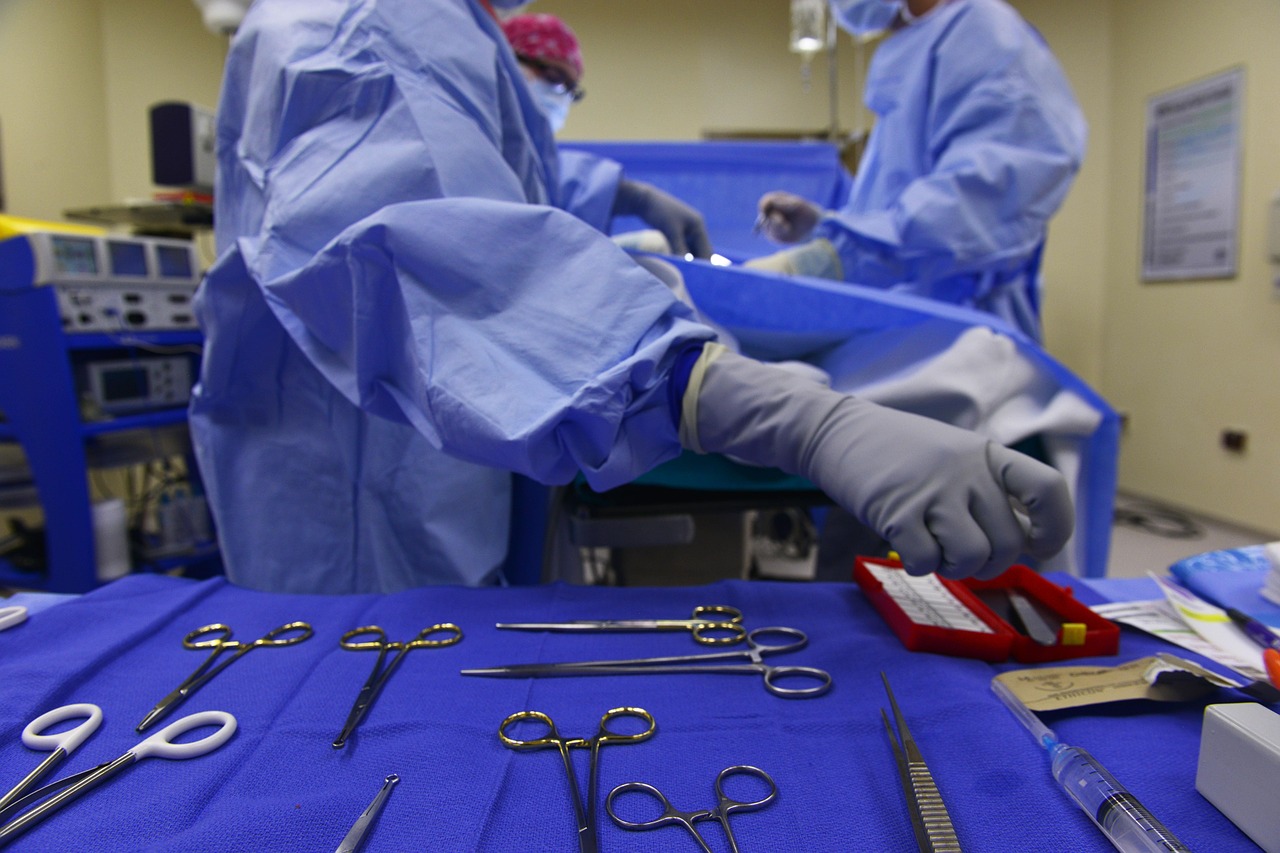I have made it a rule to ask other medical practitioners who they would choose to do surgery on them or on their family members.
For a period of my life I worked as an executive at an orthopedic practice and later at a hospital. During that time I saw any number of patients that consented to surgery that had almost no idea how to prepare for it or even what questions to ask to ascertain what to expect or whether they should try alternatives to surgery first.
One of my favorite surgeons would always tell his patients when recommending surgery that he had learned in medical school that “there were no problems surgery couldn’t make worse”. He was great at going over all the aspects of his surgery and after-effects that his surgery would have on both the patient and their family. Other surgeons are not so thorough, so here are a few things you should consider before having surgery.
There is a fine balance between experience and being current. As a general rule it is a good idea to pick a surgeon who has specialized in your condition. Preferably look for someone who has been doing your surgery for a minimum of five years and does in excess of 25 surgeries a year. At the same time, know that medicine is advancing at breakneck speed and you want to ensure that your surgeon has stayed current with new practices and breakthroughs in his or her field.
Every state in the United States has a state licensing board by some name that allows you to easily research your surgeon to ascertain if he or she has been sued for malpractice or has patient complaints lodged against him or her and has been subject to board discipline.
Likewise you can find out if the hospital in which you are having your surgery is free of institutional malpractice. There are organizations that rate and certify hospitals and they may also have the latest ratings of your hospital. Take ten or fifteen minutes and assure yourself of the record of your surgeon and your hospital.
Always, I say again, always get a second opinion unless the surgery is an emergency. There are times that surgery can be avoided by physical therapy or another alternative. If your surgeon has serious objections to you getting a second opinion, I would wonder about their ethics in recommending your surgery.
Ask your surgeon the following questions:
- What are the risks and benefits of the surgery?
- How long will the benefits last?
- What are the alternatives to surgery?
- What if we skip the surgery?
- How long will it take to recover from surgery?
Your surgeon should take the time to answer these and any other questions you may have. If he or she is unwilling to do so and does not have an assistant who can, look for another surgeon. The qualifier for that is that many surgeons do not have the best and warmest bedside manner. That is probably alright if not taken to an extreme, because you will be spending relatively little time with them and more with other medical professionals prior to and following your surgery.
I once heard a thoracic surgeon say that he wished he only met his patients once before surgery and once following. He was the best thoracic surgeon in the area and one that I would have wanted to do any surgery for myself and family members, but he could not be described as warm and fuzzy.
Finally I have made it a rule to ask other doctors and practitioners who they would choose to do surgery on them or on their family members. I have found that the medical community is a small one and there are relatively few secrets between practitioners in that community. Other physicians know who is good and who should be avoided, so ask questions of your family physician and any other specialists you use.









